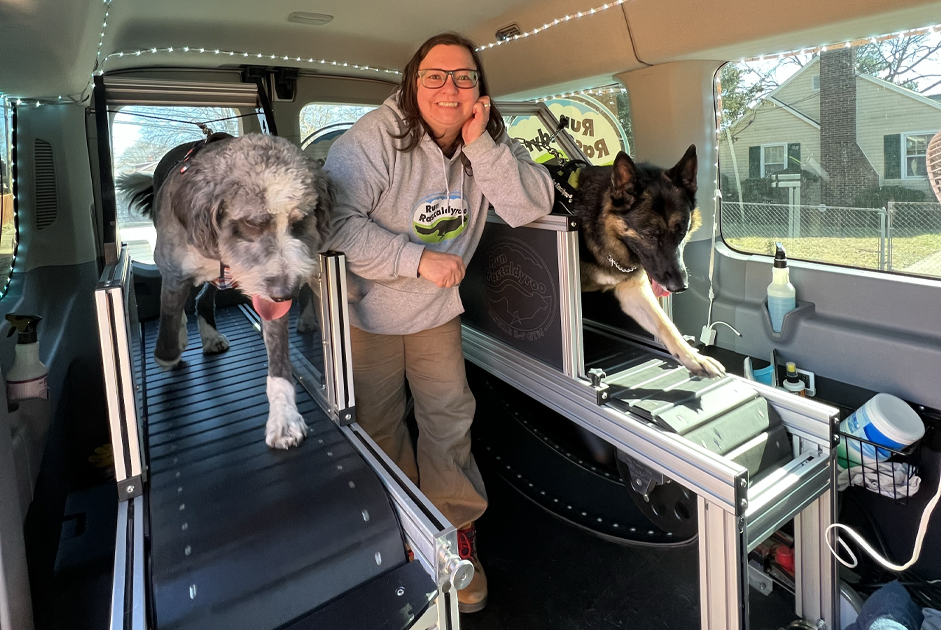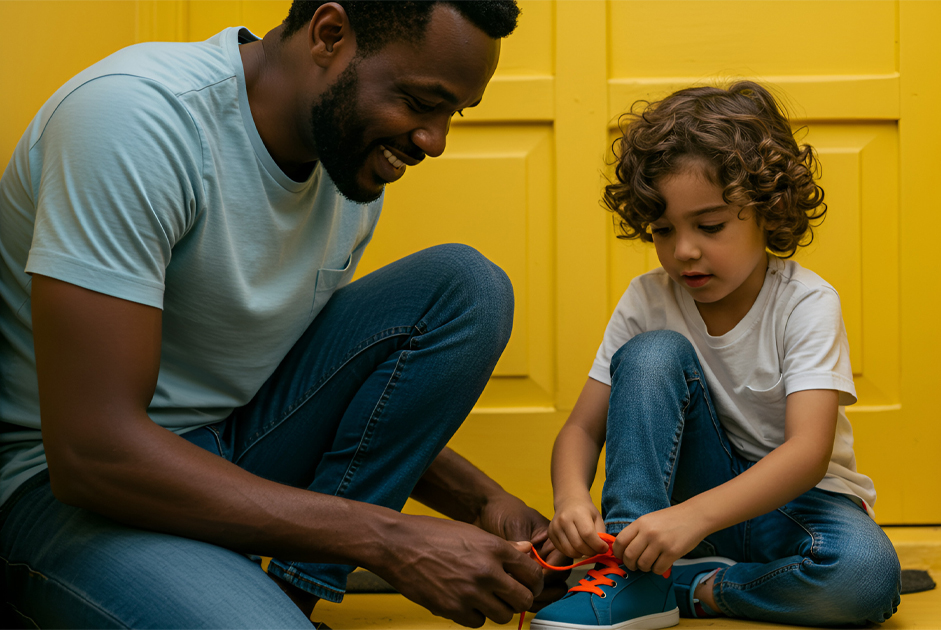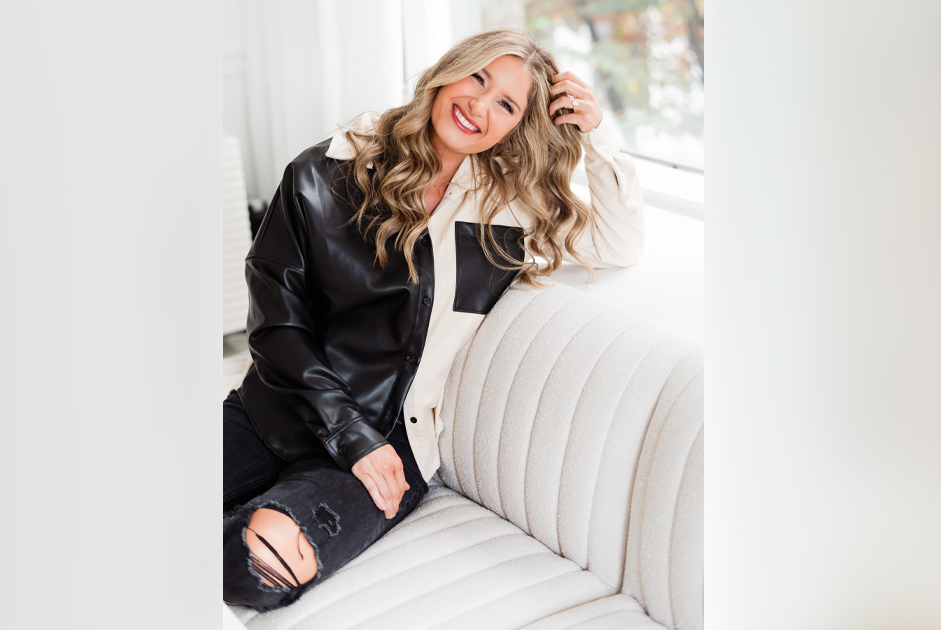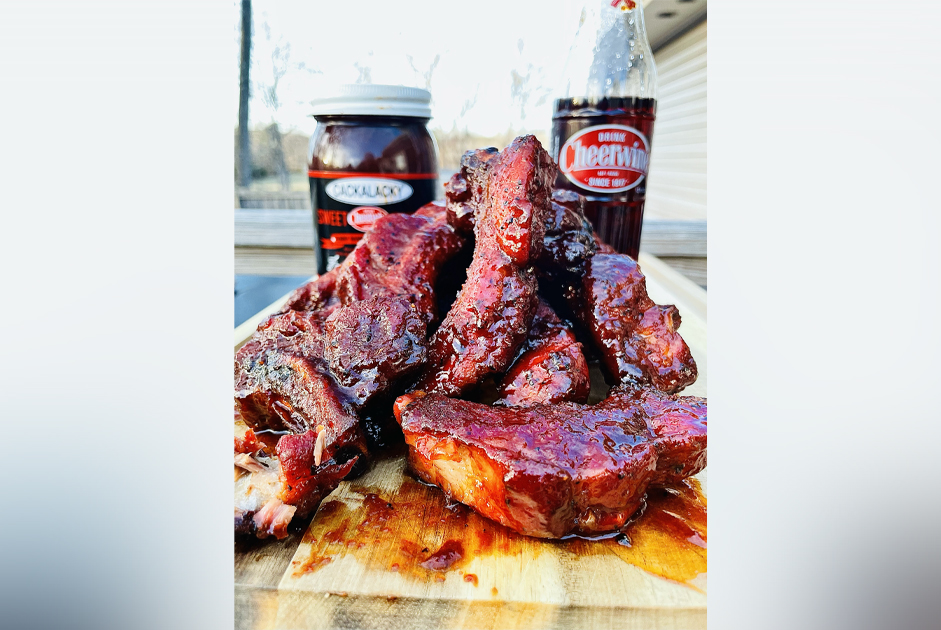Imbedded in our mindset is the worrisome mantra, “what if” that spans topics from safety and financial security to the health of loved ones, pets, and self. Asking, “What can I do?” leads to a proactive decision to invest time in the ultimate insurance policy—valuable life skills comprising security, shelter, food, water, and medical care! In any emergency, from extreme weather to a personal disaster, you have the power to take charge of your fate by making plans and taking action!
How much do you pay attention while driving or walking? Have you ever had to describe details of a situation or accident, and realized your answers weren’t very helpful? Observant individuals are not just in the field of military and law enforcement; it’s a requisite skill essential for anyone who seeks personal safety.
Practicing Survival Awareness
Air Force fighter pilot and strategist, John Boyd, developed what he termed the OODA Loop, representing the words “Observe,” “Orient,” “Decide,” and “Act.” In combining observation and orientation, individuals must remain alert to, and calm when observing, events occurring close and in the distance. Factors include people, weather, sounds, smells, and the layout, including nearby exits. Research proves a person’s focus tends to narrow when stress levels and nervousness elevates; therefore, try and remain relaxed.
- Sit in locations enabling you to see the broad view of a room and exit points, perhaps close to a wall.
- Master memorization by playing the awareness game with your family. Ask questions such as, “How many staff were on the floor?” “What color shirt was the man wearing at the next table?” and “How many exits did the building have?
- While a restaurant may appear normal, scan for usual behaviors, such as individuals who look uncomfortable, scared, or nervous; standing aloof also presents an anomaly for continued observation. Be aware of body language, such as patting or checking pockets.
- Responding to an anomaly may result in an action, such as leaving.
Starting today, be conscious in scanning rooms for entrance and exit points. Look for anomalies when you shop by observing the actions of people. Think about how you will handle possible threatening situations. As you practice, the act of the OODA Loop becomes natural.
Create a Family Plan
Fires, flooded roads, power outages, delays in return flights, any situation, although temporary, can require the family to have an established plan for their children, pets, elder members, and medications. When families know the expectation, each member has a responsibility and the opportunity to work together.
Start thinking about:
- Updating contact information.
- Creating key words for communication to save time.
- Discussing evacuation plans, routes, and destinations.
Everyone needs a BOB!
Every situation happens in seconds. While a woman watched her child play on the community playground, she heard a child scream and saw a streak of blood. In minutes, she ran to her vehicle to return with a backpack. One quick zip opened the first-aid items, and she grabbed two Ziplock bags, marked “gloves” and “wound.” In minutes, she donned the disposable gloves and talked to the child calmly, while applying an alcohol pad and then taping gauze filled with Neosporin to the wound. Preparedness saved the day!
Rather than rely on what is in your vehicle, consider creating a BOB, (“Bug-Out-Bag,”) to survive a wide range of emergencies for the family, or just you. A recommended list is available online. Consider adding water bottles or a water filtration container, protein bars, disinfectant, first-aid supplies, paper, a Sharpie, and basic tools, such as duct tape, a knife, a flashlight, and batteries. Think about the need for warmth by including wool blankets. Socks are a handy covering for the extremities.
Tip: Get to know your BOB. In emergencies, seekers do not want to waste time attempting to find essential items. Remember, when you use something, replace it!
Recommended Resources
Furthering educational opportunities comes in the form of audiobooks, books, blogs, YouTube videos, and podcasts. Ask friends whom they might like to add to your list. Some survivalists have a blog or show every day. Check out Jack Spirko’s “Survival Podcast.” You may enjoy Lisa Bedford, who believes, “Inside every mom is a Survival Mom, whether she knows it or not!”
Next month presents “Thinking Outside the Faucet!”



















